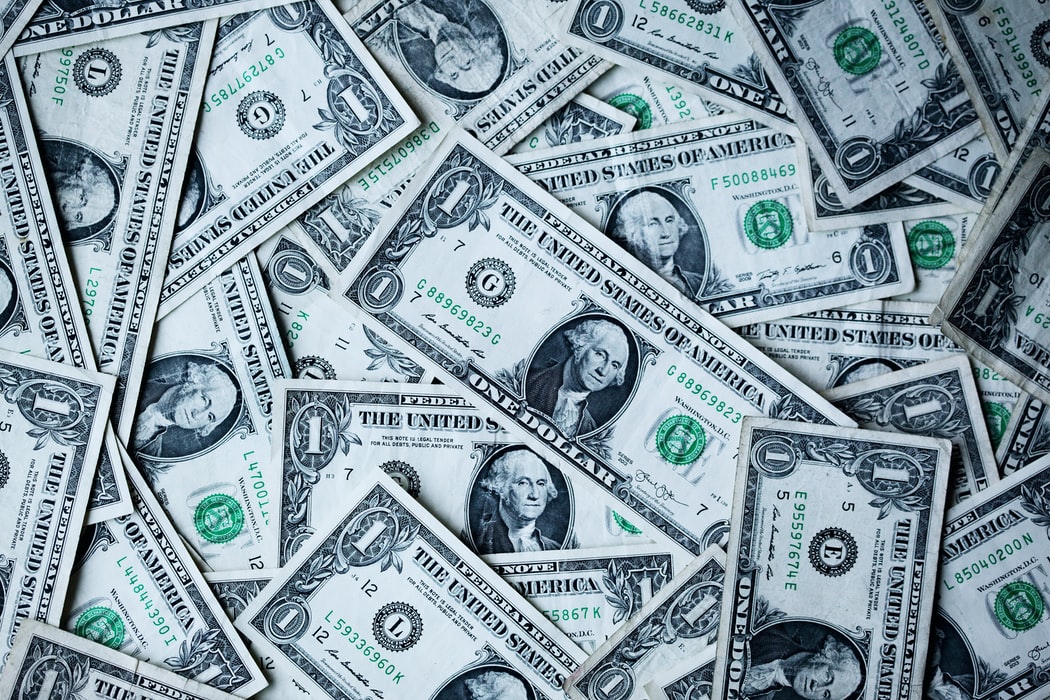
US President Donald Trump wants a payroll tax cut for the next coronavirus relief bill. The tax cut garners support among legislators in Congress.
During a Fox News virtual town hall, Trump said that he wanted to establish a sizable infrastructure bill pass to help the economy recover. The coronavirus pandemic hit the economy hard. However, he said that his proposed payroll tax cut would have to be part of the discussion.
"I want to see a payroll tax cut on both sides, a very strong one, because that’s going to really put people to work," Trump said. "But infrastructure is so important. Our country, our roads are — excuse me — they’re going to hell."
"But we will be doing infrastructure," Trump added. "And I told Steve just today, we’re not doing anything unless we get a payroll tax cut. That is so important to the success of our country."
Pence demurred when someone asked him about the role of a payroll tax cut in oiling the economy.
"The immediate way we deal with joblessness is by opening up America again," Pence said. He mentioned plans from governors across the US to gradually ease coronavirus lockdowns that forced businesses to shut.
Trump repeatedly asked the Congress to pass a payroll tax cut to address the economic downturn brought by the coronavirus pandemic. He initially proposed the idea in early March. However, the Congress did not completely embrace the idea. They said that it would be insufficient for helping employees most in need.
Meanwhile, over 30 million Americans filed for unemployment in the last few weeks. According to economists, the economy may not recover fast until a vaccine or proven treatment for the coronavirus becomes available.
A payroll tax cut may boost consumer spending. However, it may not likely boost employment.
Legislators are looking at a new piece of legislation to assist workers and businesses. However, the two parties had some differences. Democrats pointed out that the next bill should cover money to help states with massive budget shortfalls. On the other hand, Trump and some Republicans were not enthusiastic about idea of bailing out blue states.
Senate Majority Leader Mitch McConnell (R-Ky.) said last week that the bill must provide liability protections for employers or the Senate would not pass it.
The Senate will return to the Capitol on Monday amidst concerns on safety. The House may come back in session the week of May 11 if the next coronavirus relief bill is ready for a vote.
Coronavirus stimulus package
The US Senate has passed a coronavirus stimulus package worth $2 trillion in March. It was the largest economic stimulus in the history of the country.
Provisions of the bill include direct payments of $1,200 to millions of individuals who earn $75,000 or less, and an additional $500 per each child and an expansion of unemployment aid including payments to people who are self-employed or work in the gig economy.
It also included a $500 billion fund to help companies, which includes loans to hard-hit sectors such as the airline industry, $350 billion in loans for small businesses, and $100 billion for hospitals and related health systems on the frontlines of the pandemic.






